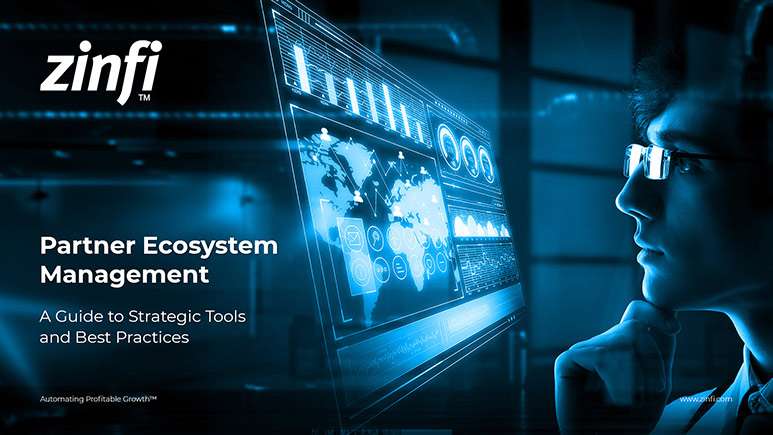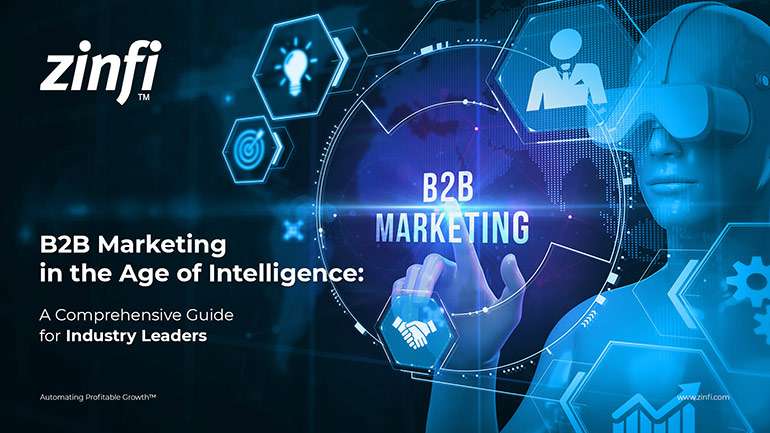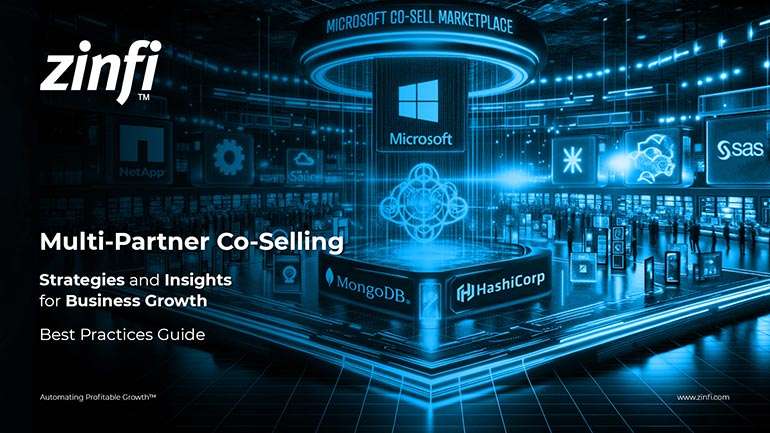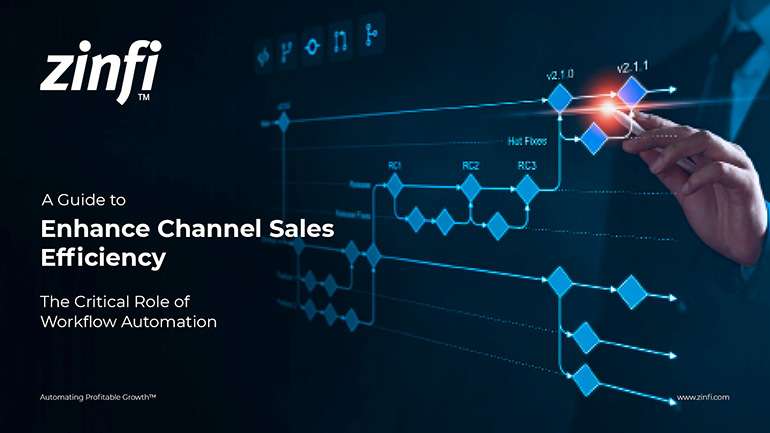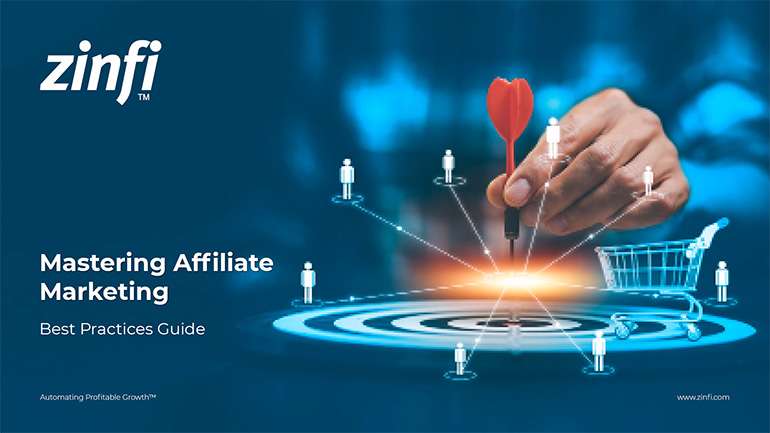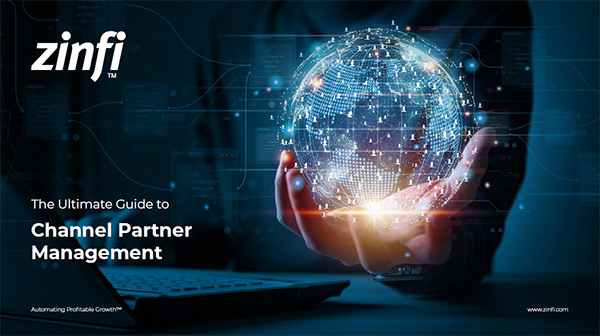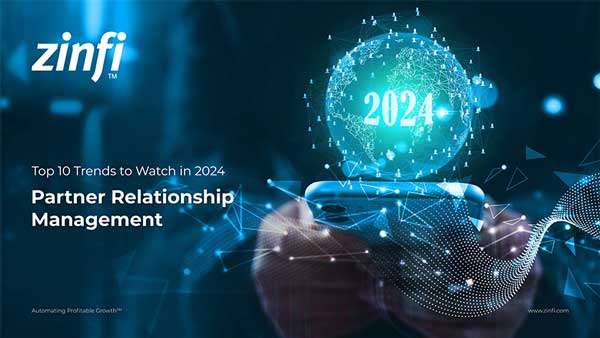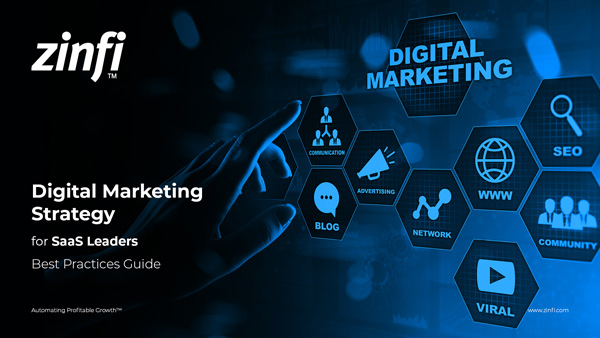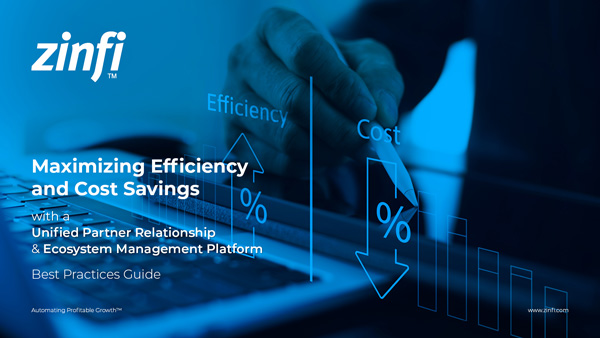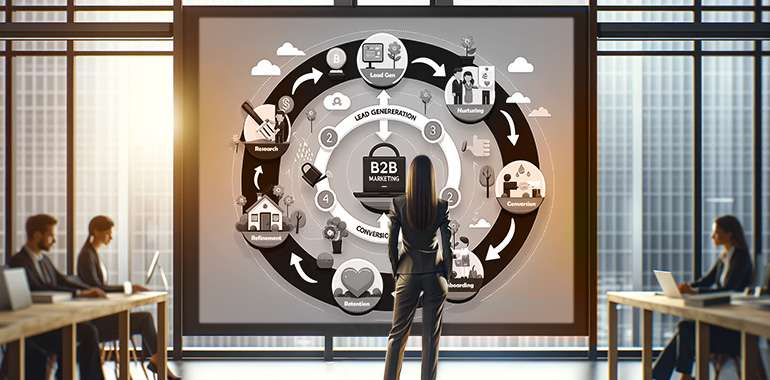Glossary - Loyalty Program
What is a Loyalty Program?
A loyalty program is a marketing strategy that fosters customer loyalty by rewarding repeated business with perks, discounts, and other incentives. These programs are employed by retailers, service providers, and other companies to increase customer retention rates, enhance customer lifetime value, and gather valuable data on consumer behavior and preferences. They often use a point system, tiered rewards, exclusive memberships, or cashback offers to encourage frequent and increased purchases.
In the context of partner ecosystem management and partner management automation, loyalty programs are pivotal in maintaining a solid and committed partner network. These programs can be adapted to suit B2B environments, where rewards might include enhanced support, better financial incentives, and first access to new products or services. Automation plays a crucial role in the execution and management of these programs, ensuring that tracking, rewards distribution, and communication with partners are handled efficiently and accurately.
Key Takeaways
- Enhancing Partner Engagement: B2B loyalty programs are essential for motivating partners and maintaining their interest and active participation in the ecosystem. These programs provide recognition and rewards aligned with the partners’ business goals, enhancing their commitment and loyalty to the company. Automation helps manage these programs by consistently applying rules and rewards. Watch Jay McBain discussing partner loyalty.
- Customization of Rewards: Tailoring loyalty programs to fit the specific needs and preferences of different partner segments ensures that incentives resonate more strongly with partners. This customization can lead to increased satisfaction and program effectiveness. Automated systems can assist in segmenting partners according to their performance and engagement levels, thereby facilitating more personalized rewards.
- Operational Efficiency: Automating the tracking and administration of loyalty programs reduces the likelihood of errors and delays in reward distribution, which can detract from the perceived value of the program. Automation ensures that partners receive their rewards promptly and accurately, reinforcing positive behaviors and loyalty.
- Data-Driven Insights: Loyalty programs generate a wealth of data on partner behaviors, preferences, and needs. This data is invaluable for refining program design and aligning incentives with partner desires and business objectives. Automation tools can analyze this data effectively to provide actionable insights and facilitate strategic decision-making.
- Building Long-Term Relationships: Effective loyalty programs are not just about transactions; they’re about building relationships. By fostering an environment where partners feel valued and understood, companies can cultivate a loyal partner base more likely to support long-term business objectives. Automation can help maintain regular and personalized communication to strengthen these relationships.
Summary of Takeaways
Loyalty programs are an effective tool for enhancing engagement and retention in both B2C and B2B contexts. They encourage repeated interactions and more profound commitment from partners, which can be critical for long-term success. Automation enhances the efficiency and effectiveness of these programs, ensuring that partners feel valued and that their contributions are recognized.
Key Examples
- Automotive Manufacturing: Implementing loyalty programs that reward dealers for exceeding sales targets or exceptional customer service ratings.
- Consumer Electronics: Offering extended warranties or exclusive access to new products for frequent buyers.
- Energy Production: Reward programs for distributors who excel in promoting and selling sustainable energy solutions.
- Financial Services: Points-based systems where clients can extensively earn rewards for using a company’s financial products.
- Food and Beverage: Exclusive tasting events or special discounts for frequent purchasers.
- Healthcare Services: Rewarding referral programs for healthcare providers who recommend a company’s products or services.
- Information Technology: Incentives for IT service providers who consistently meet or exceed service level agreements.
- Pharmaceutical Development: Rewarding distributors for achieving sales milestones with new drug launches.
- Retail Industry: Customer loyalty cards that offer discounts or special offers based on purchase history.
- Telecommunications: Rewards for customers who upgrade their plans or combine services.
Conclusion
Loyalty programs are a cornerstone of modern marketing strategies and are particularly valuable in a competitive business environment. They foster stronger relationships, enhance customer and partner loyalty, and provide useful insights into behavior and preferences. When supported by robust automation tools, these programs can drive significant business growth and operational efficiency.
Associated Keywords:
- Customer Loyalty Programs
- B2B Loyalty Strategies
- Partner Engagement Programs
- Loyalty Program Automation
- Enhancing Partner Loyalty


